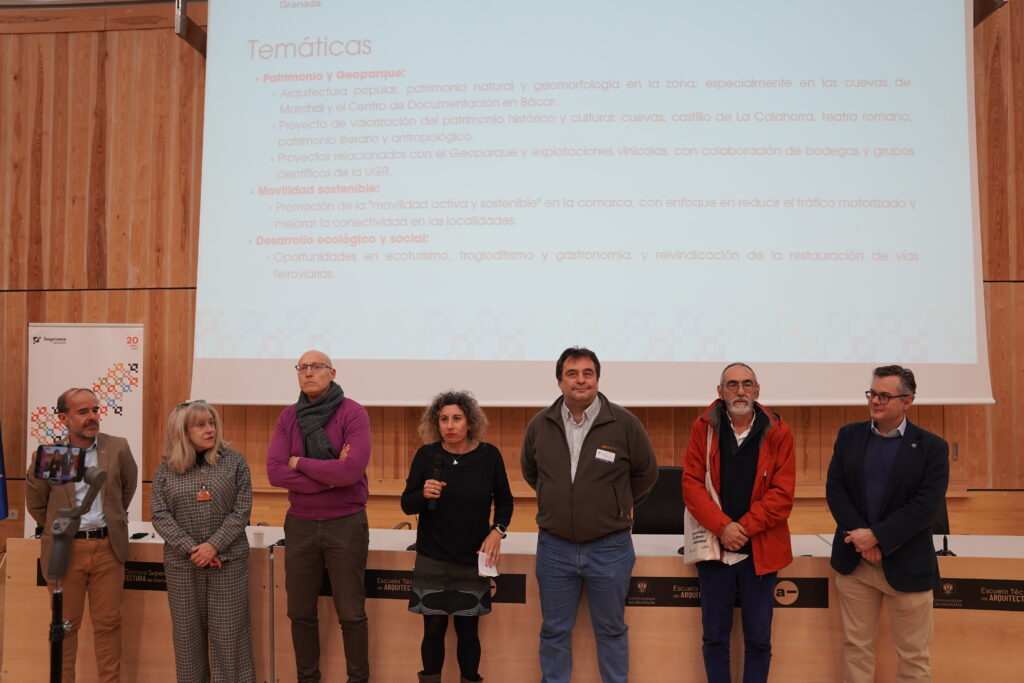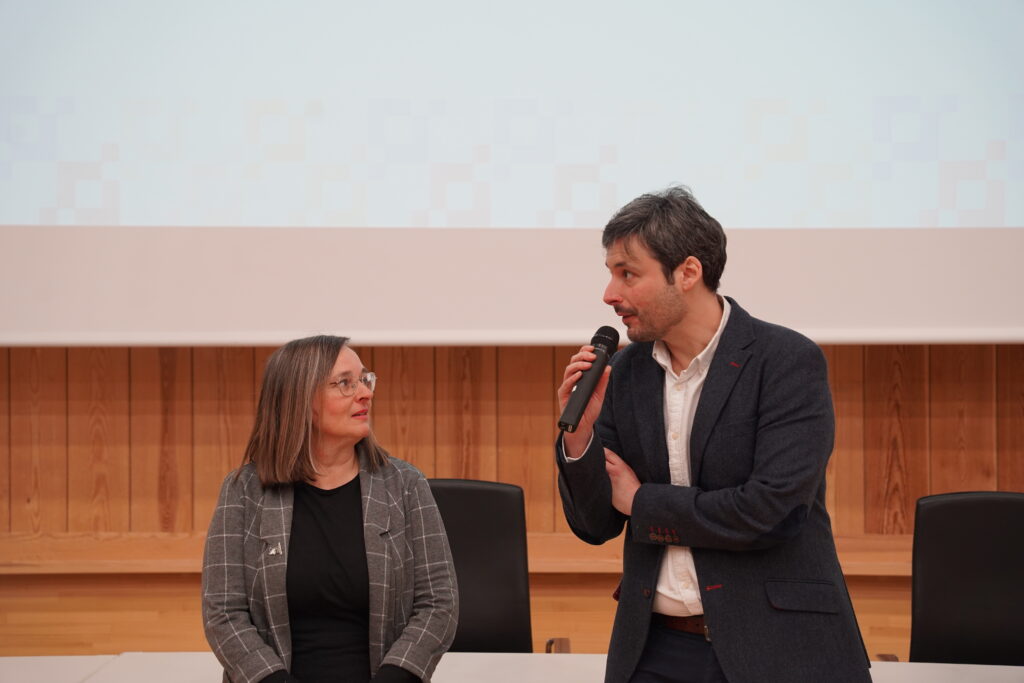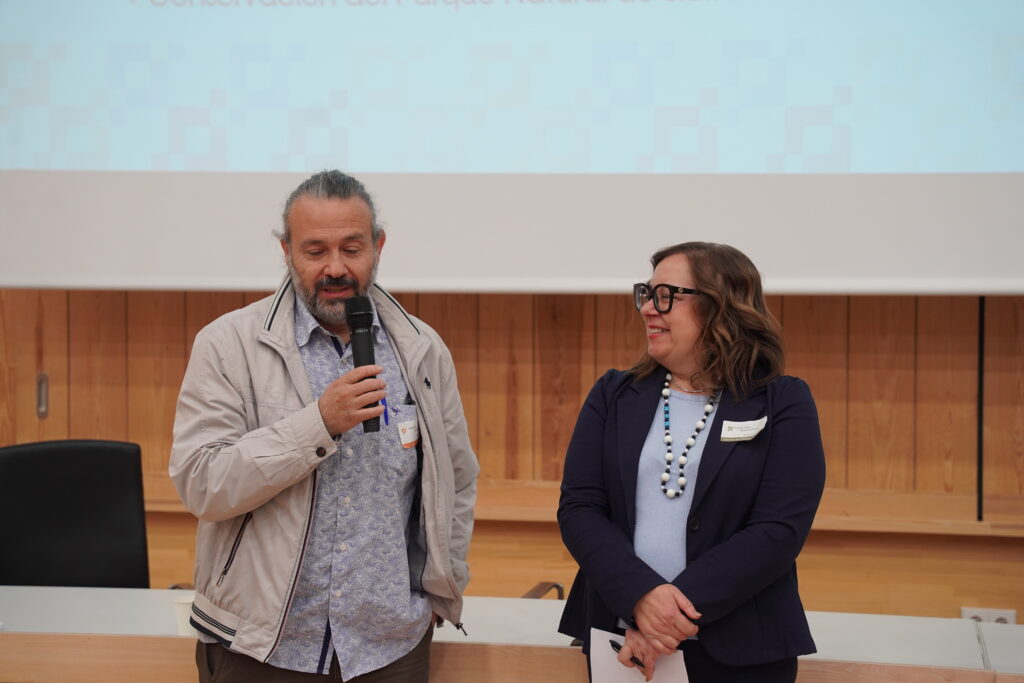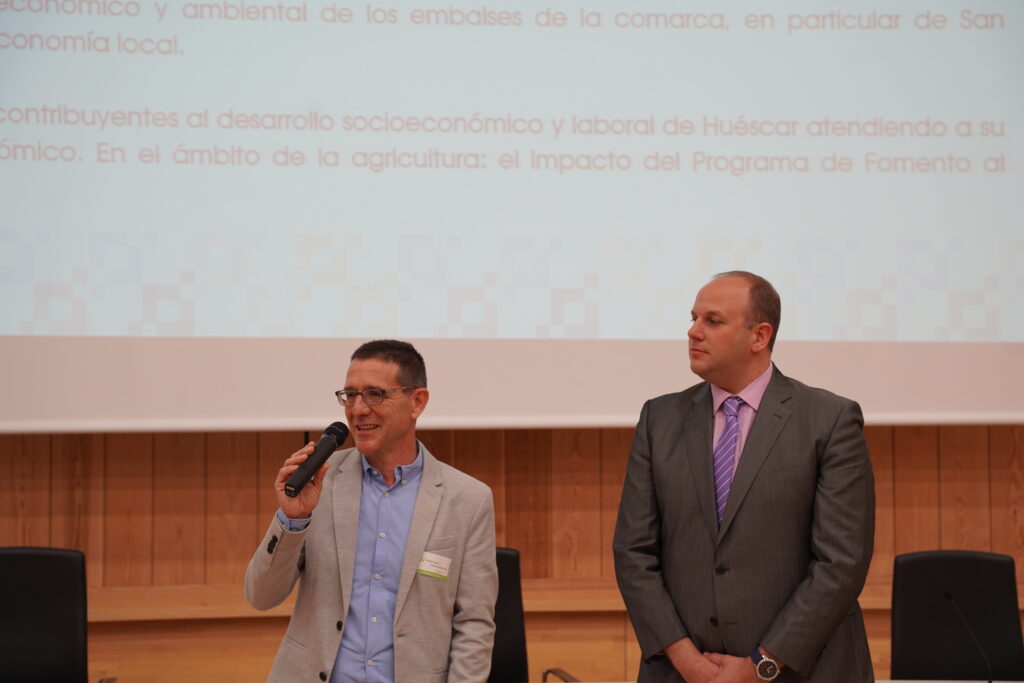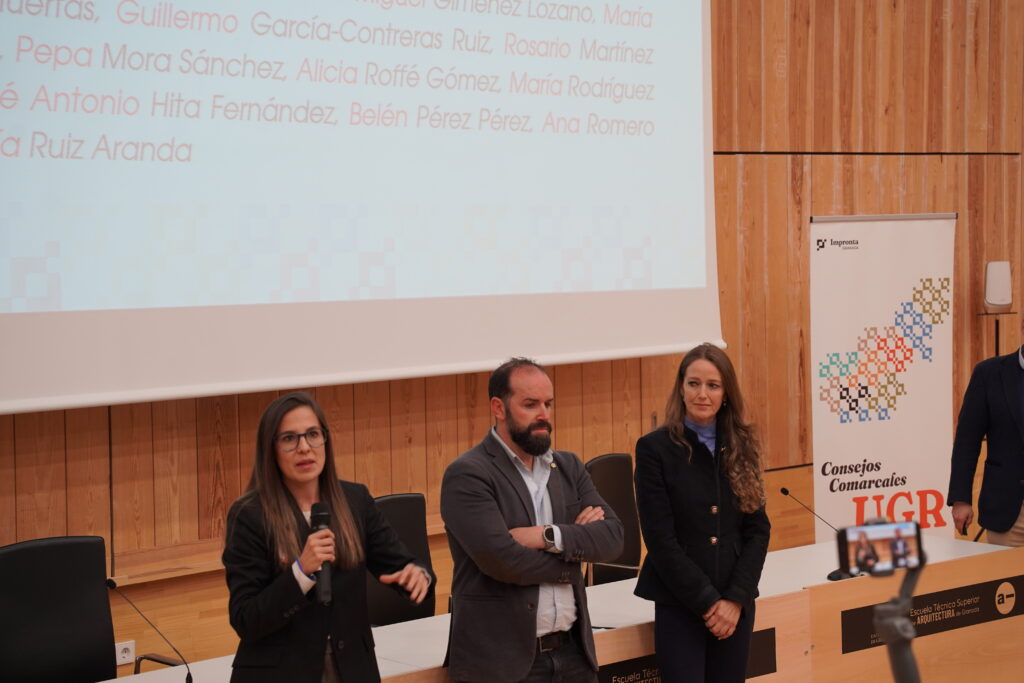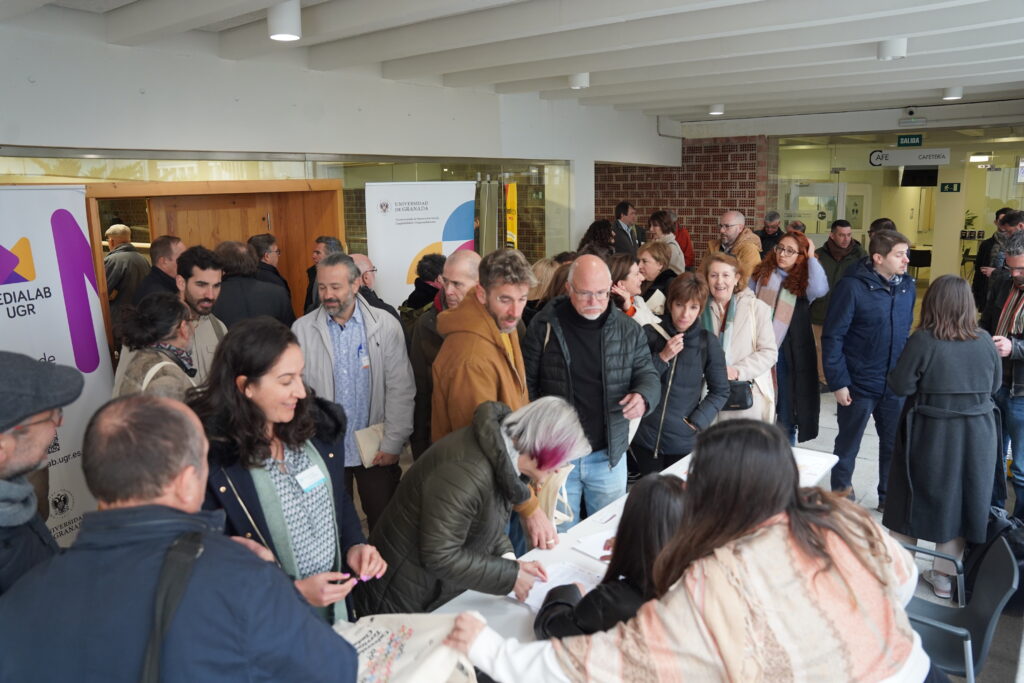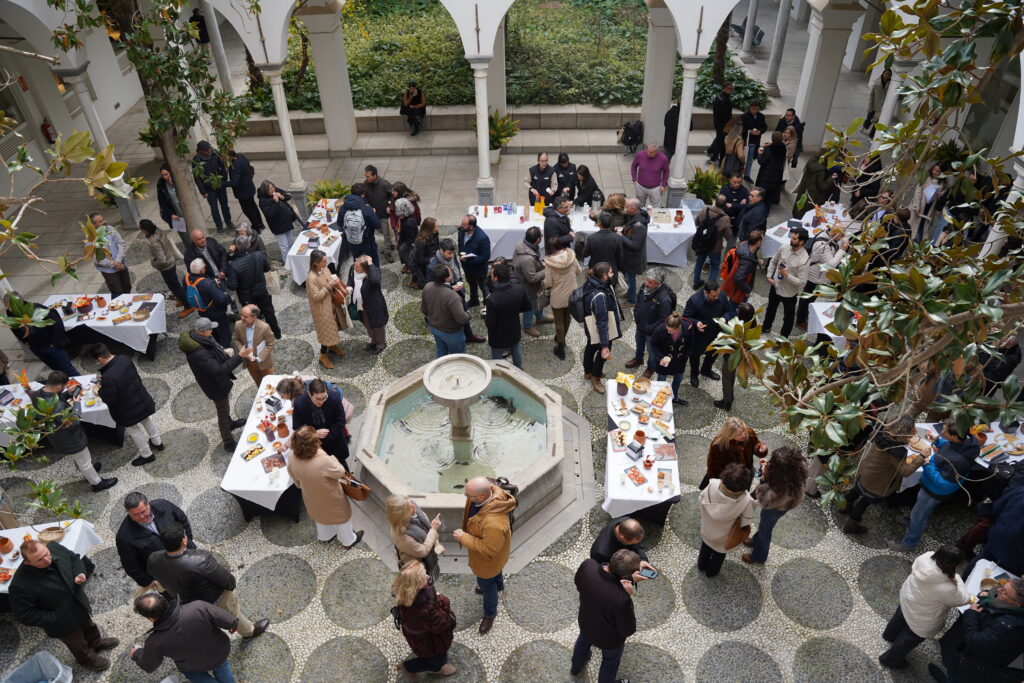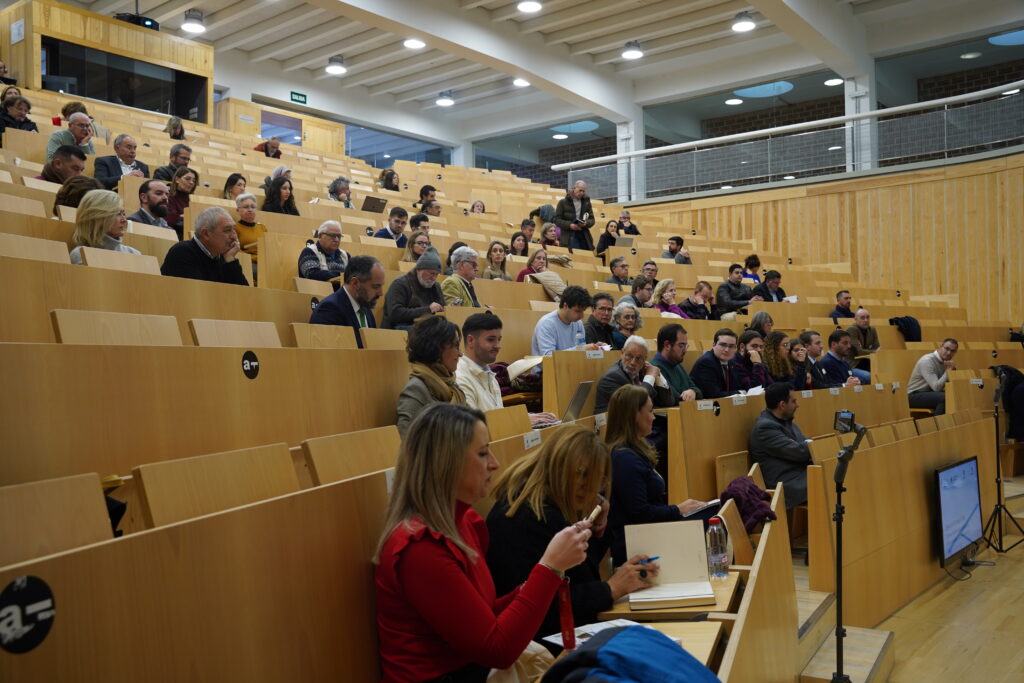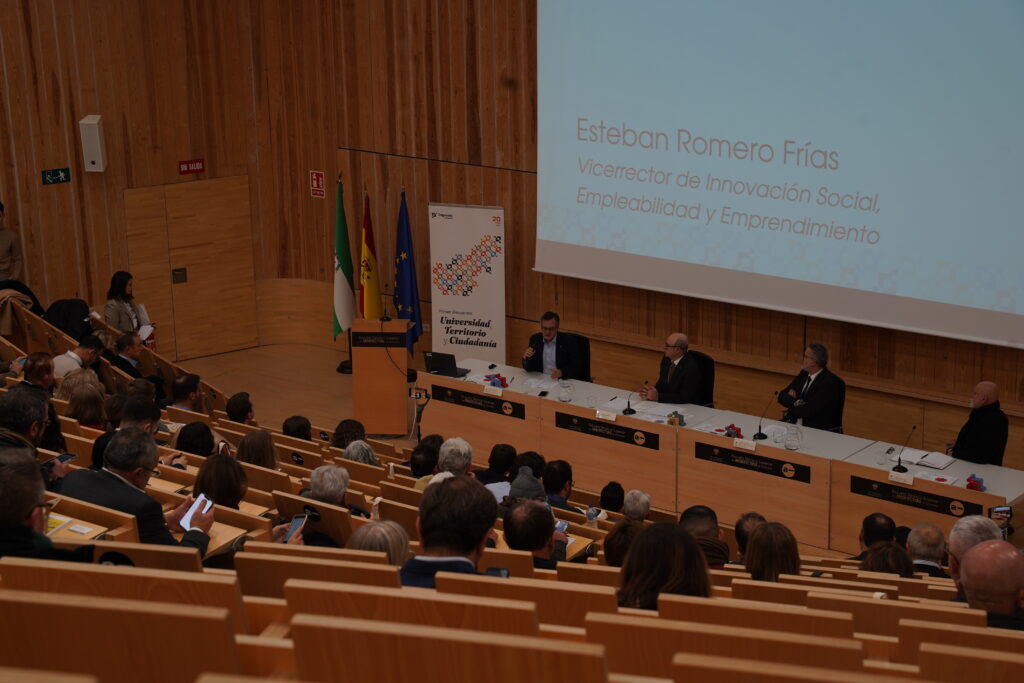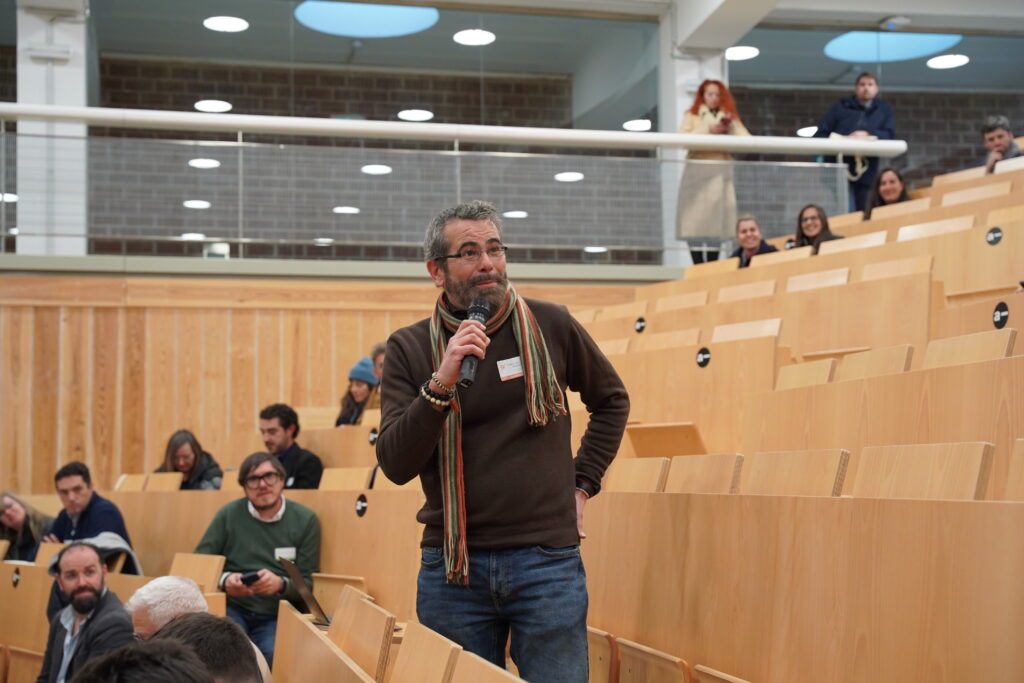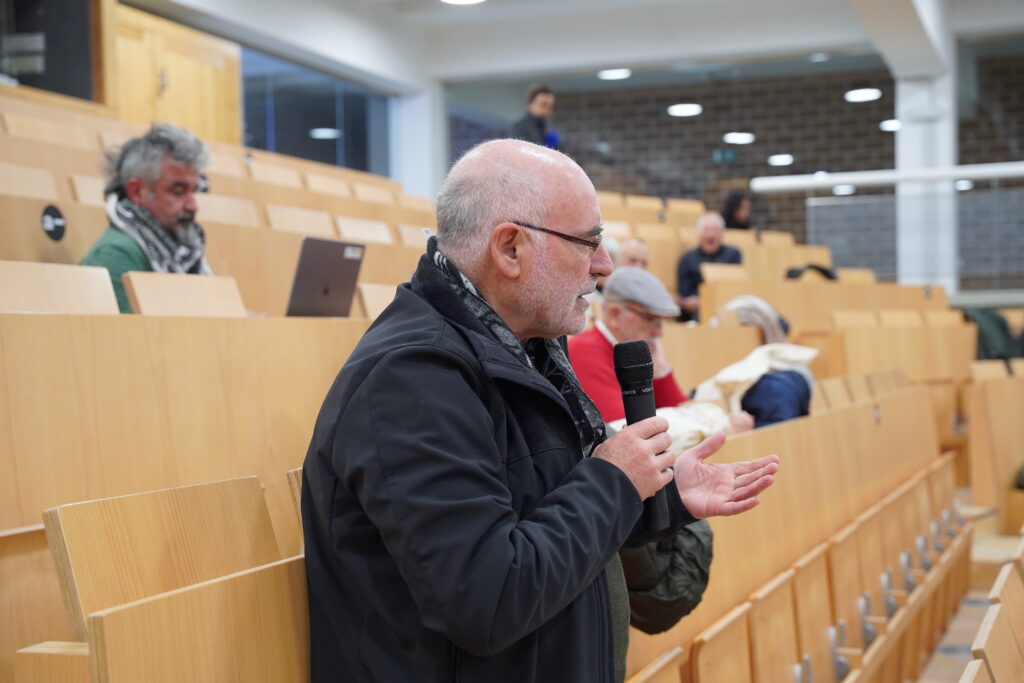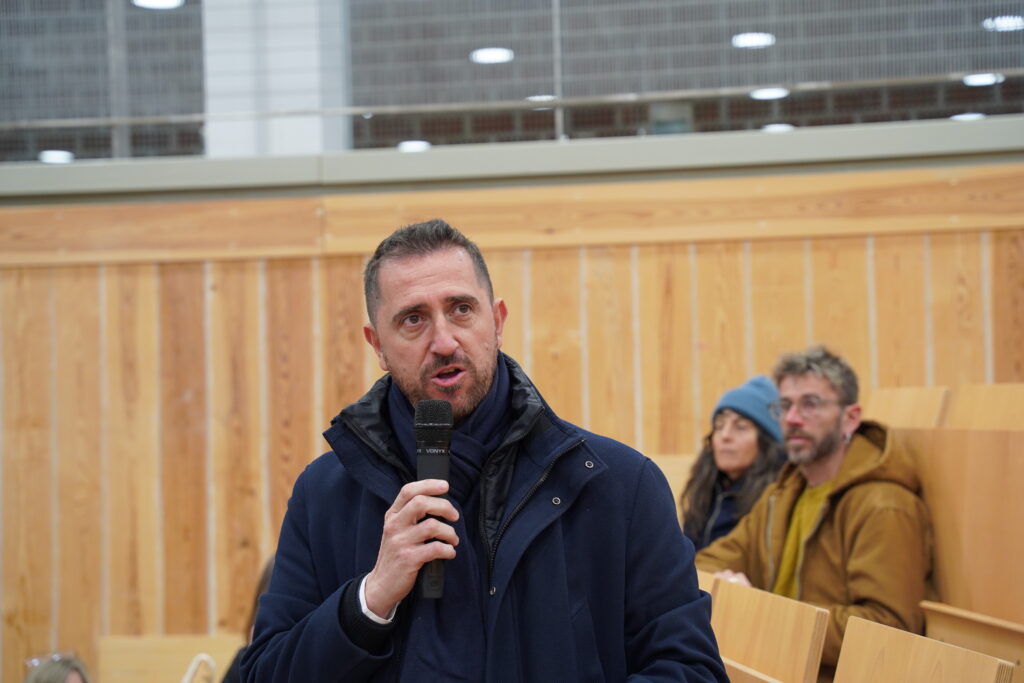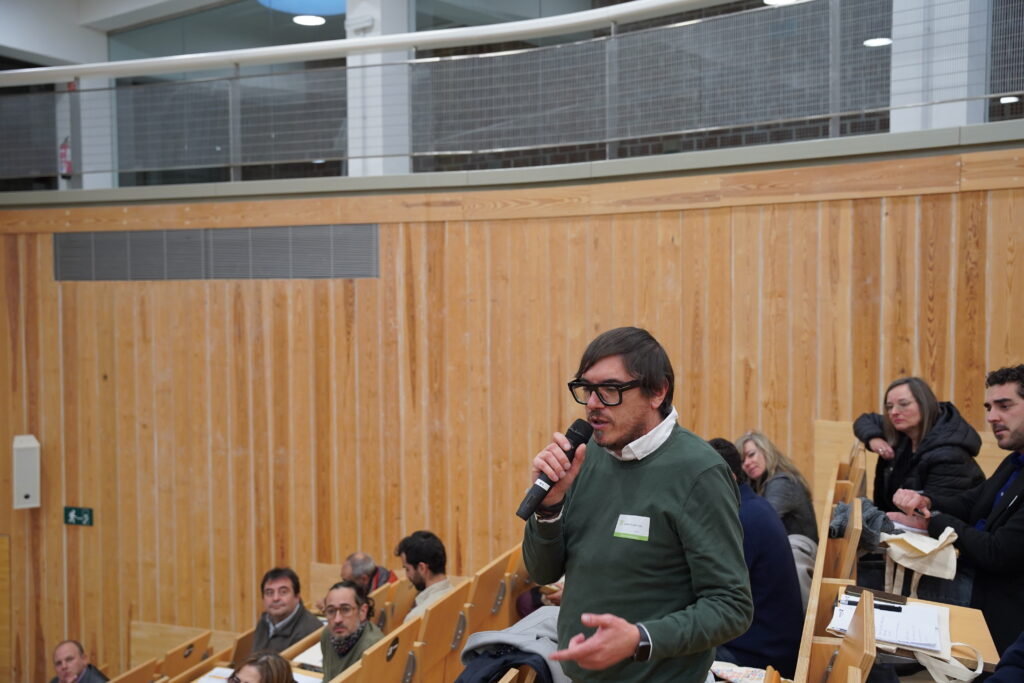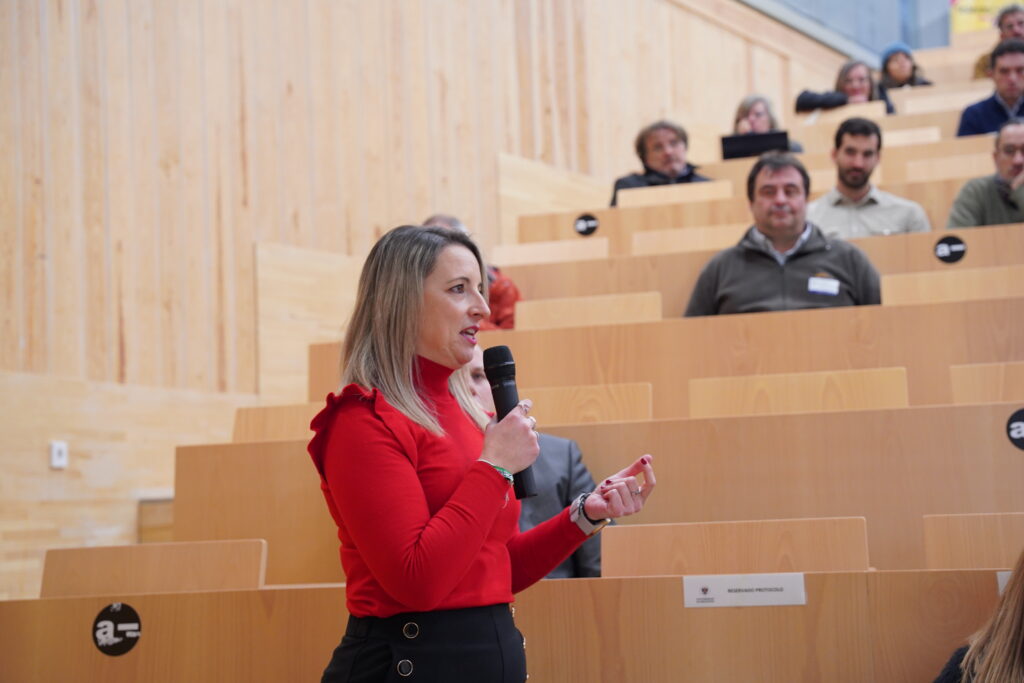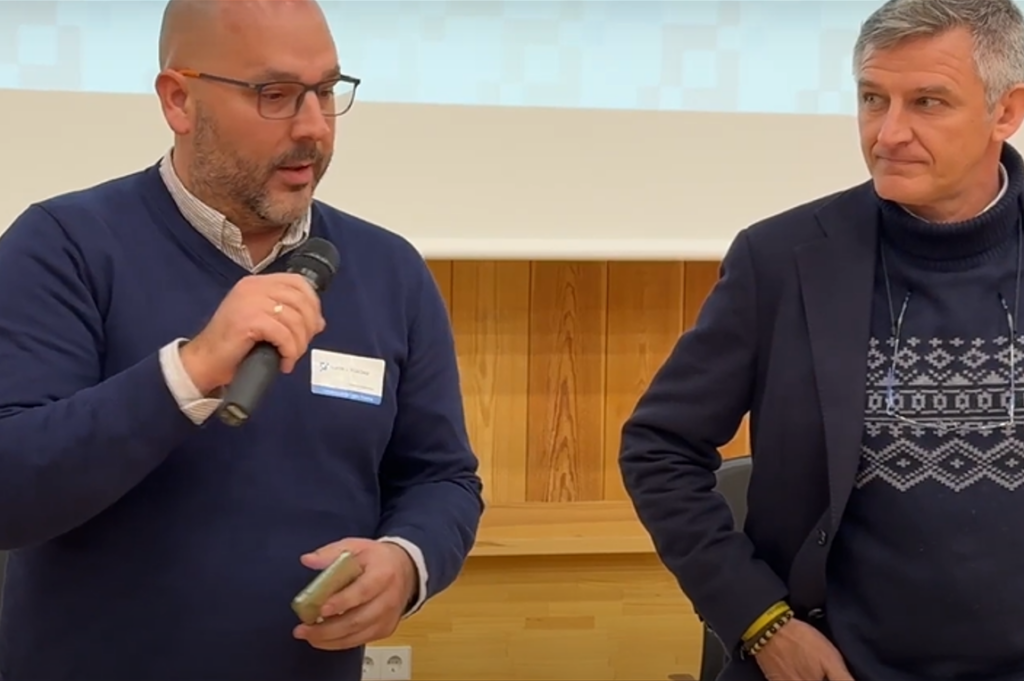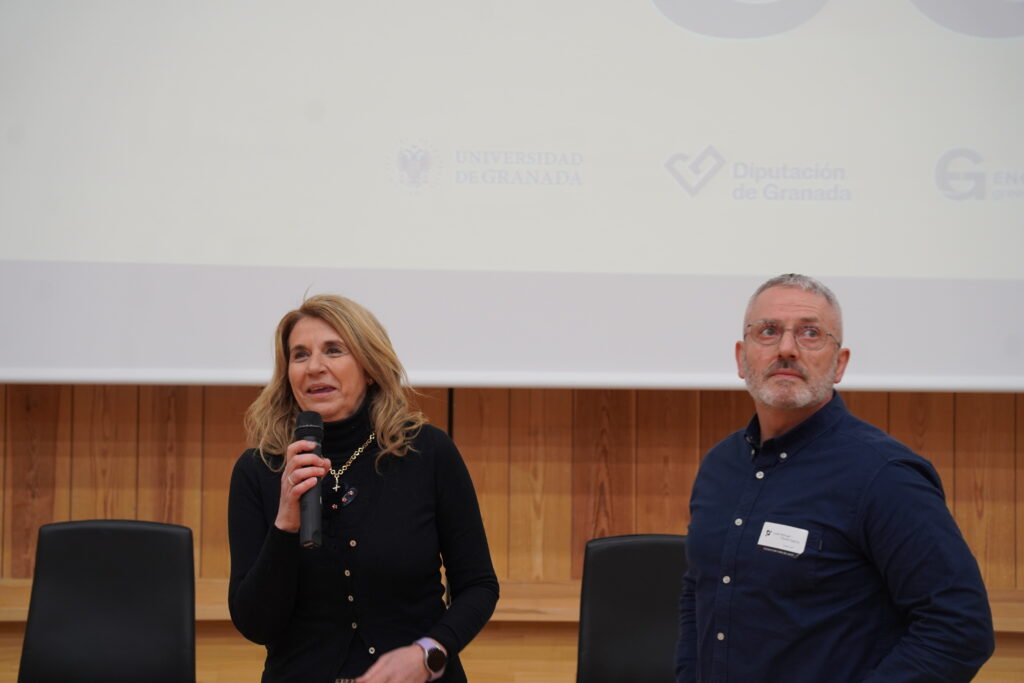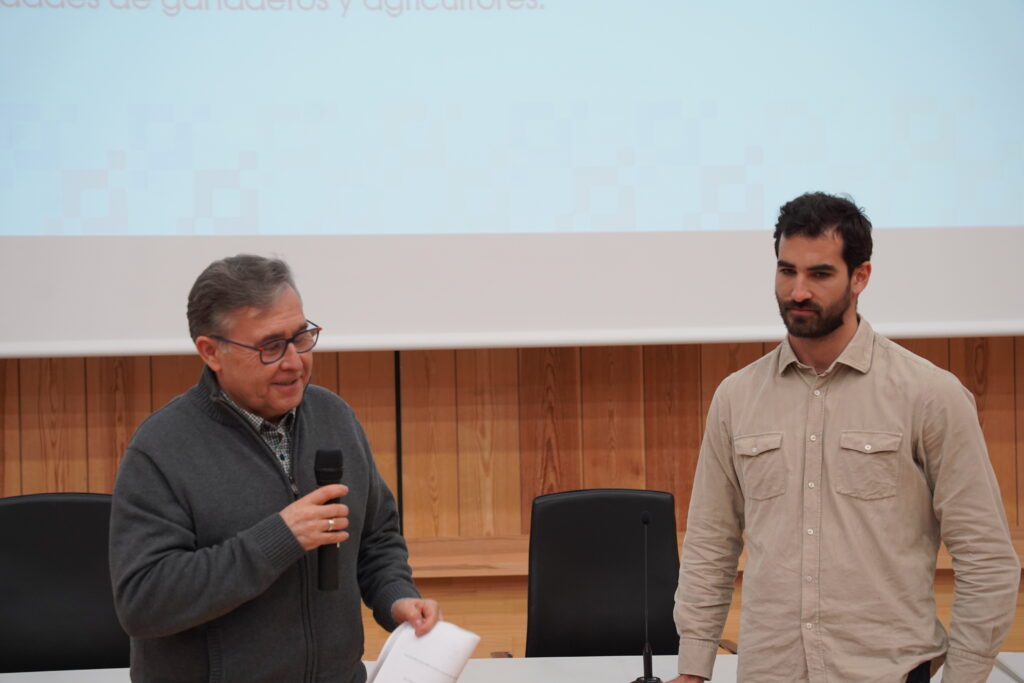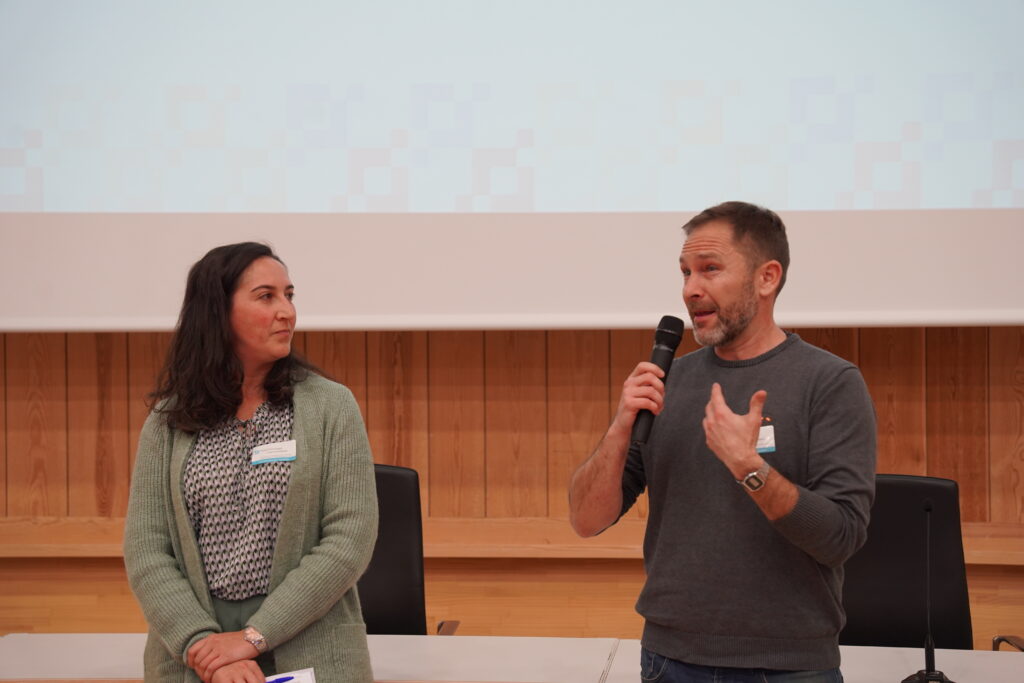The University of Granada (UGR) has officially launched the County Councils initiative, an innovative platform to bridge the gap between academia, local governments, businesses, and the citizens. This milestone, part of the Erasmus+ ENGAGEgreen project, was celebrated during the First Impronta Granada Meeting, held on January the 20th at the School of Architecture of Granada.
Strengthening local impact through collaboration
The UGR County Councils are designed to address local challenges by fostering co-creation and knowledge transfer, using the quadruple helix model. With the participation of UGR researchers, municipal representatives, private sector actors, and citizens, these councils aim to generate sustainable solutions tailored to the unique needs of each of the ten counties forming the province of Granada.
During the event, researchers, lecturers, professors and technical staff from the University of Granada came together across 10 different County Councils to share the key challenges and needs they tackle daily in their respective areas. Representatives from each UGR County Council, following prior internal online meetings, also showcased ongoing UGR projects within the counties of Granada province. Subsequently, the representatives of public administrations, as well as mayors and policymakers, had the opportunity to discuss the challenges and issues raised by the teaching and research staff, leading to a fruitful exchange of ideas between these two key stakeholders.
You can have a look at the consolidation of the UGR County Councils in the following video:
Key themes and projects
The ten councils have identified a range of strategic priorities:
- Metropolitan area: Sustainable mobility, green energy and local cultural promotion.
- Alhama-Tierra de Aguas: Addressing depopulation, heritage preservation and environmental restoration.
- Baza: Sustainable tourism, water management and economic revitalization.
- Guadix: Heritage conservation, ecotourism and mobility solutions.
- Huéscar: Agro-food innovation and renewable energy initiatives.
- Alpujarra: Rural entrepreneurship, ecological restoration and cultural preservation.
- Costa Tropical: Agro-industry sustainability, coastal tourism and community integration.
- Loja: Combating depopulation, enhancing transportation and cultural promotion.
- Los Montes: Restoring ecosystems and supporting local agricultural communities.
- Valle de Lecrín: Sustainable agriculture, water management and youth entrepreneurship.
Innovative methods and structure
The UGR County Councils follow the Living Lab methodology, ensuring active participation and co-creation. With over 80 UGR researchers and 120 registered participants, these councils provide a dynamic platform for interdisciplinary collaboration, fostering solutions that align with the challenges of urban agendas and the goals of the 2030 Agenda.
Looking ahead
Each UGR County Council will convene annually for in-person meetings and regular online follow-ups. This initiative is expected to culminate in tangible projects with measurable impacts, ensuring that the university plays a pivotal role in Granada’s territorial development.
